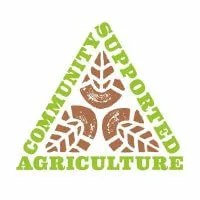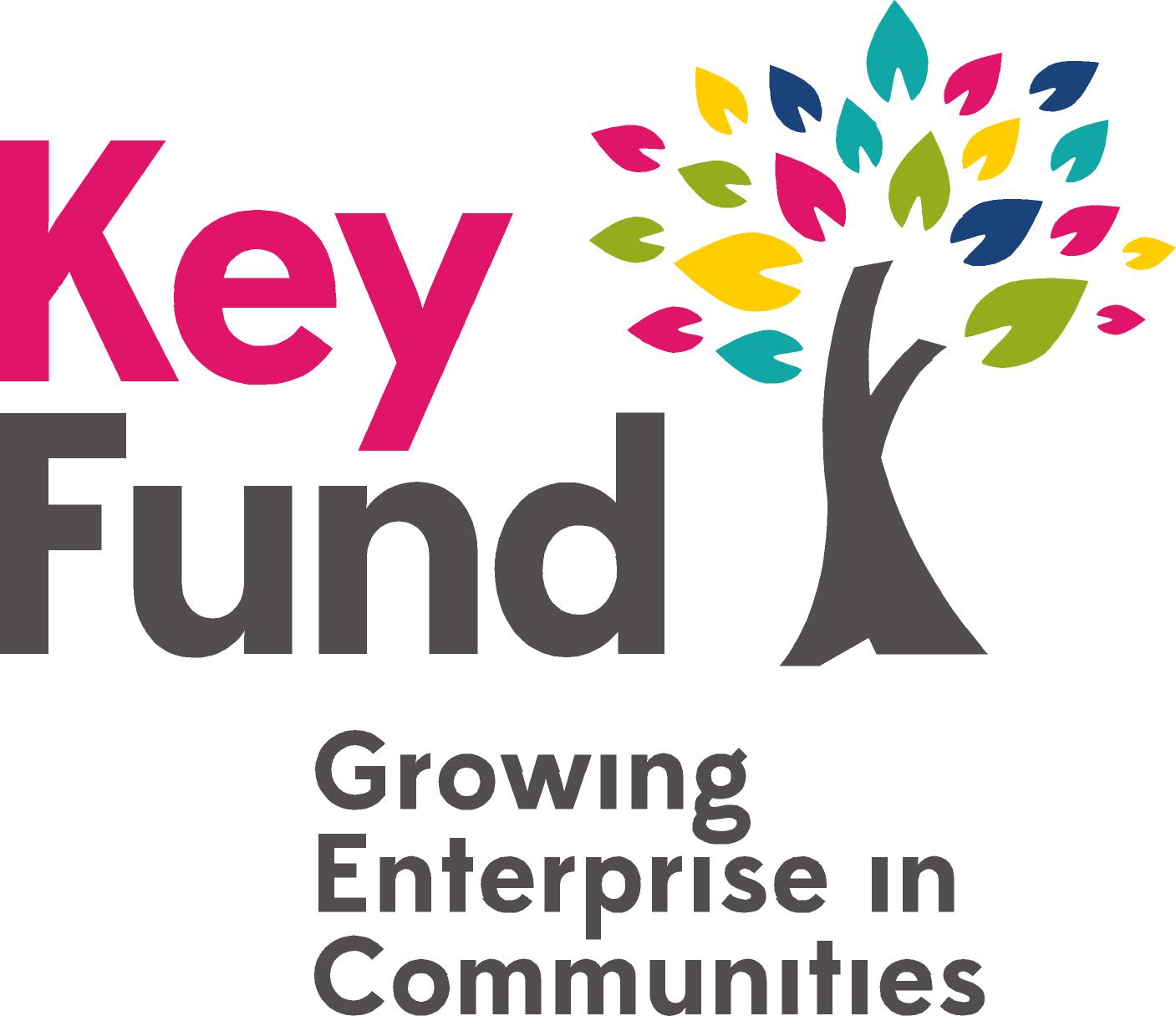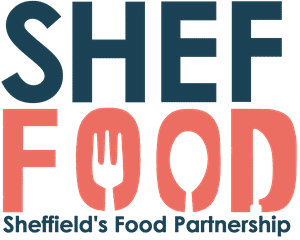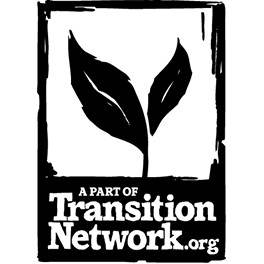

Organic September is the perfect time to reflect on what we put on our plates and why. More and more people across the UK are asking what organic food really means for their health, the planet, and their communities. And here in Sheffield, we’re part of that story too.
The benefits of eating organic food go far beyond avoiding chemicals. They touch on everything from nutrient quality to animal welfare, from supporting farmers to building a stronger local economy. And, perhaps surprisingly, they even affect how we cook, eat, and live day to day.
Let’s explore the many health benefits, environmental gains, cultural shifts, and economic positives of choosing organic and why a simple step like getting a veg box can make such a difference to you and your household.
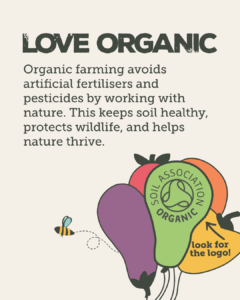
Before looking at the benefits, it’s worth understanding what organic means in practice. Organic farming is a set of farming practices guided by strict organic standards and backed by organic certification from trusted bodies like the Soil Association.
This means:
In short, organic agriculture aims to produce agricultural products in a way that’s good for people, animals, and the planet. You can read more about the meaning of organic food in our guide here.
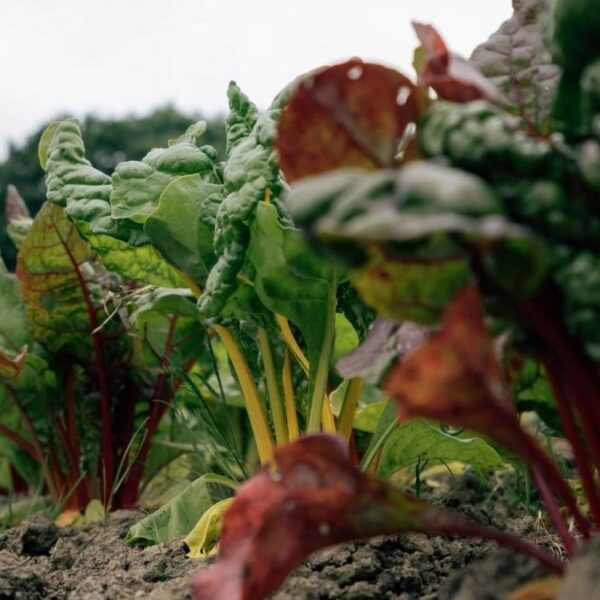
One of the strongest reasons people choose organic is health. Research suggests there are many health benefits when you opt for organic over conventional agricultural products.
Studies show that organic crops contain far lower levels of pesticides and toxic metals compared to conventionally grown fruit and vegetables. While residues in conventional food are usually within “safe” legal limits, reducing our exposure to these chemicals is a benefit many families value.
Organic plants often have higher concentrations of specific nutrients, including antioxidants like polyphenols, which are linked to reduced risk of chronic diseases. This is particularly true in fruits and vegetables such as tomatoes, spinach, and strawberries. It’s also been found that organic food has higher levels of iron, magnesium and vitamin C.
Organic dairy and organic meat tend to have higher levels of healthy fats, especially omega-3 fatty acids. These nutrients are linked to improved heart health and brain function, making organic milk, dairy products, and poultry a valuable part of a healthy diet.
Organic food production also means stricter controls on chemicals, natural pesticides, and additives. For consumers, this means:
For many families, this peace of mind is one of the biggest health benefits of choosing organic.

Organic farming isn’t just good for us, it’s also good for the planet. The benefits include:
By using compost, green manure, and natural fertilisers, organic farmers maintain soil fertility and structure, rather than depleting it with synthetic chemicals. Healthy soil retains water better, reduces erosion, and supports robust plant growth. Over time, this creates farmland that can sustain crops for decades, rather than exhausting the land. In Sheffield, supporting these practices means local soils stay rich, resilient, and capable of producing fresh, nutritious food for our community.
Fields free from synthetic pesticides and herbicides become havens for wildlife. Bees, butterflies, birds, and even small mammals thrive in these ecosystems, contributing to pollination and natural pest control. By choosing organic, Sheffield residents help preserve these local species, creating a greener, more balanced urban and rural environment.
Avoiding harsh chemicals reduces pollution in rivers, streams, and groundwater. Runoff from conventional farms often carries fertilisers and pesticides that harm aquatic life, but organic farming minimises this risk. Cleaner waterways and reduced chemical exposure also benefit air quality, which matters in cities like Sheffield, where urban and rural landscapes meet.
Organic methods reduce reliance on fossil fuels, as many synthetic fertilisers and pesticides are energy-intensive to produce. Crop rotation, intercropping, and other regenerative techniques protect ecosystems, conserve resources, and ensure food production can continue for future generations. This holistic approach is why organic is widely regarded as a cornerstone of sustainable food systems.
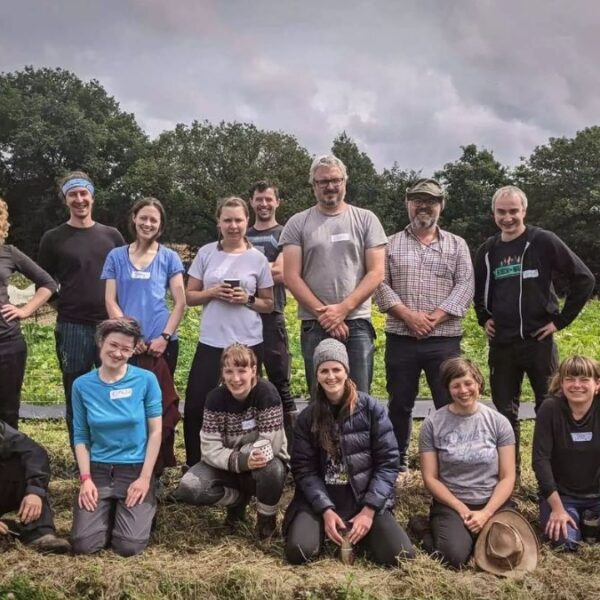
When you buy organic, you’re supporting people as much as the planet.
Organic farming is often more labour-intensive and requires careful planning, but it also provides fairer returns for farmers who prioritise soil health, animal welfare, and community wellbeing. These farmers can earn a sustainable income while producing food in a way that aligns with environmental and ethical standards.
Buying locally grown produce keeps money circulating close to home. Every pound spent on local organic food supports jobs, skills, and community resilience. In Sheffield, initiatives like farmers’ markets and veg box schemes help build a stronger local food economy, benefiting both producers and consumers.
Supporting organic aligns closely with Sheffield’s Local Food Action Plan, coordinated by ShefFood, which highlights the role of local organic agriculture in creating a fairer, healthier, greener food system. By investing in these methods, we collectively strengthen the city’s ability to provide healthy, accessible, and sustainable food for everyone.
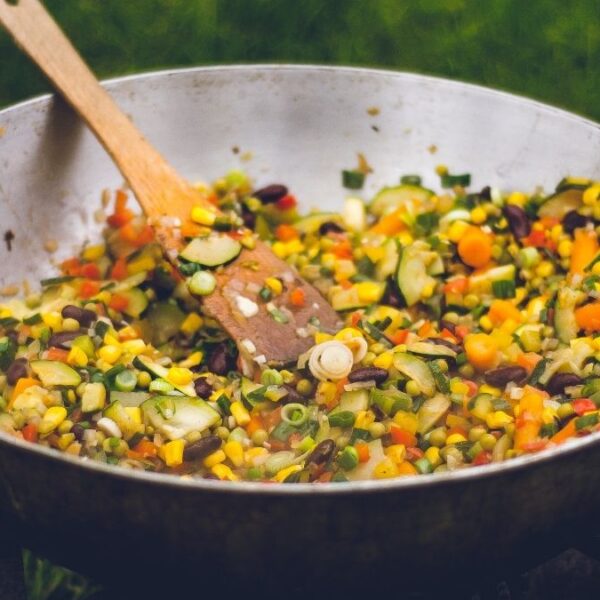
Eating organic can transform not just your diet, but how you live, cook, an
d connect with your community.
With organic, you’re more likely to eat with the seasons, enjoying fruits and vegetables at their peak. Fresh strawberries in summer, root vegetables in winter, or tender greens in spring taste better, are more nutritious, and encourage variety in your meals. Seasonal eating also reduces environmental costs associated with importing out-of-season produce.
A weekly veg box encourages creativity in the kitchen. When faced with fresh tomatoes, mushrooms, or green beans, you’ll naturally cook more meals from scratch. Using what you’ve bought before it goes off reduces food waste, and experimenting with new recipes can make everyday meals more exciting.
Organic food reconnects us with the story of our meals: the people, the land, and the practices behind what’s on our plate. Understanding where your food comes from fosters appreciation and mindfulness in cooking and eating. Sharing these meals with family, friends, or neighbours can strengthen social bonds and embed a culture of sustainability and care in everyday life.
No honest guide would ignore the drawbacks sometimes associated with organic food. Yes, organic products can cost more than some conventional ones. And yes, there are times when the shelves don’t have the same abundance of year-round options.
But these are also strengths in disguise:
Across health, the environment, and communities, organic farming offers benefits that are meaningful and lasting.
Of course, knowing the benefits of eating organic food is one thing. Living them is another. That’s where a veg box makes it simple.
When you get a Regather organic veg box in Sheffield, you:
It’s one small change that multiplies into countless health benefits, environmental gains, and lifestyle rewards.
We believe that choosing organic isn’t just about what’s on your plate. It’s about shaping the kind of world we want to live in, one that values health, community, and the planet.
By joining our organic veg box delivery, you’ll taste the difference of food grown with care, support Sheffield’s organic future, and enjoy all the benefits of eating organic food every single week.

